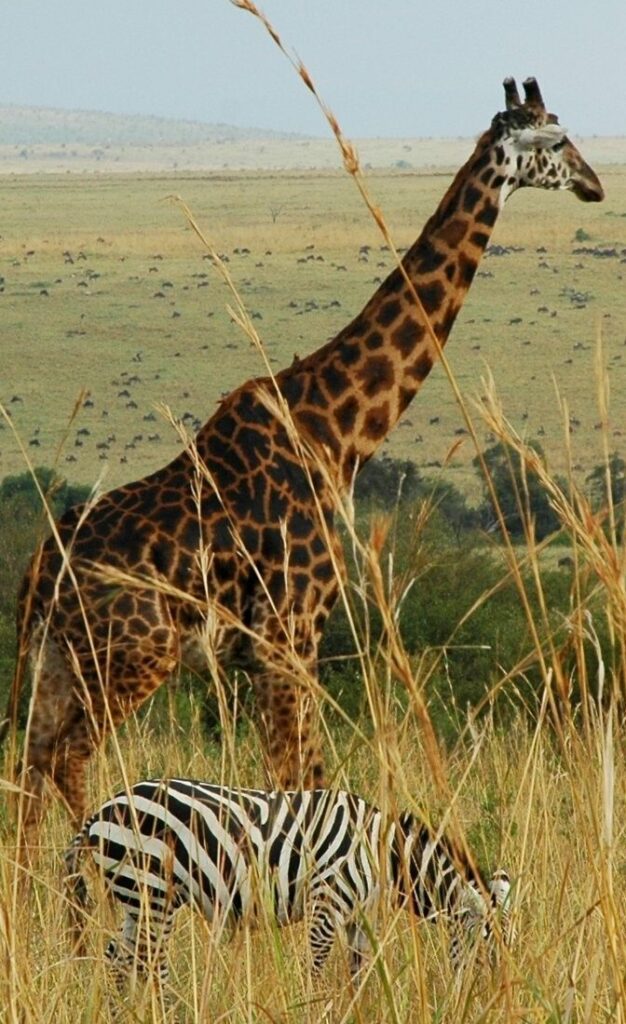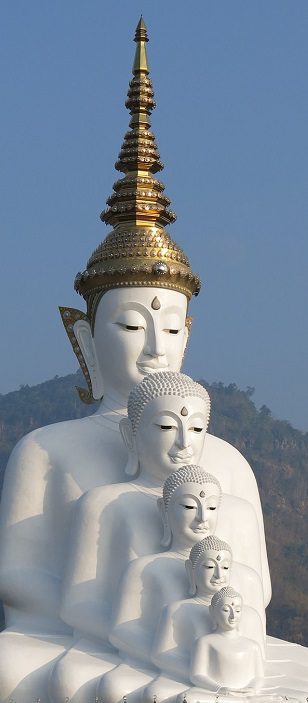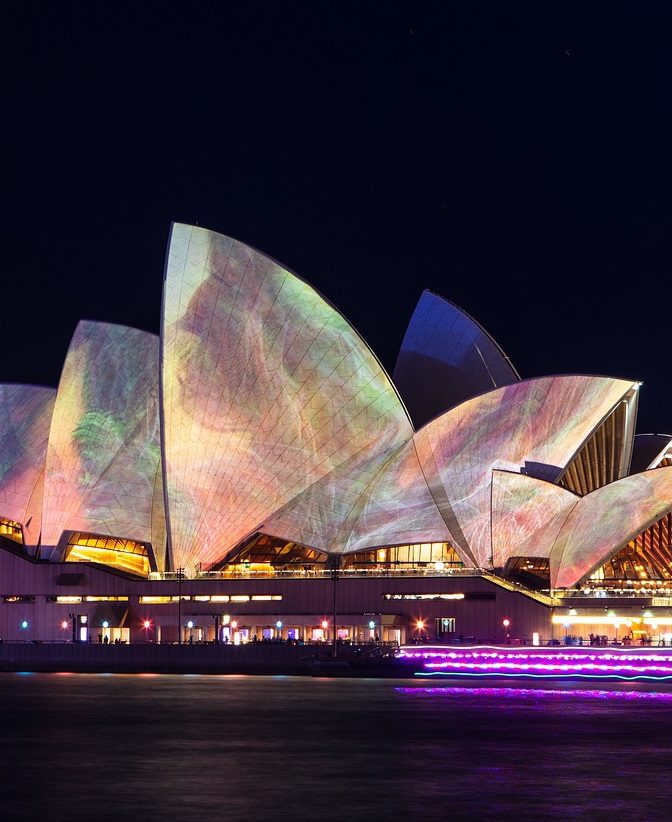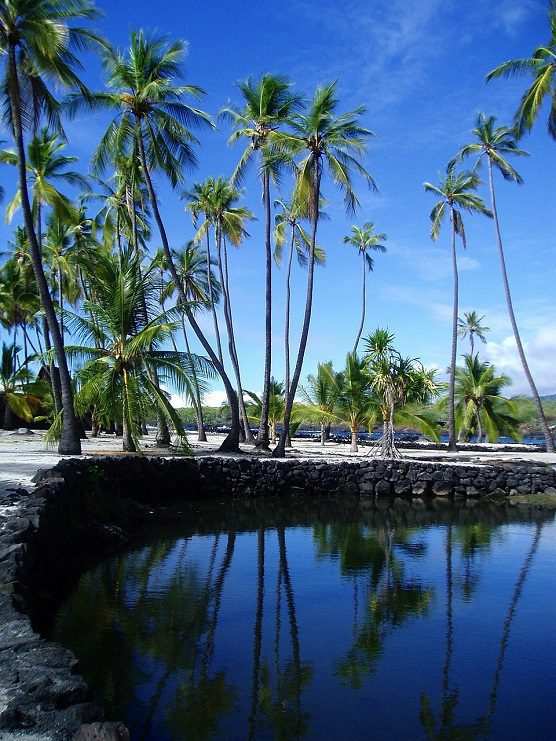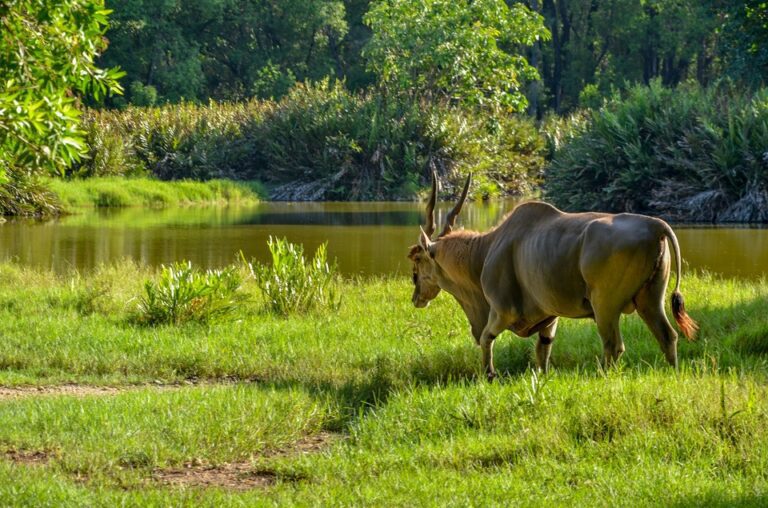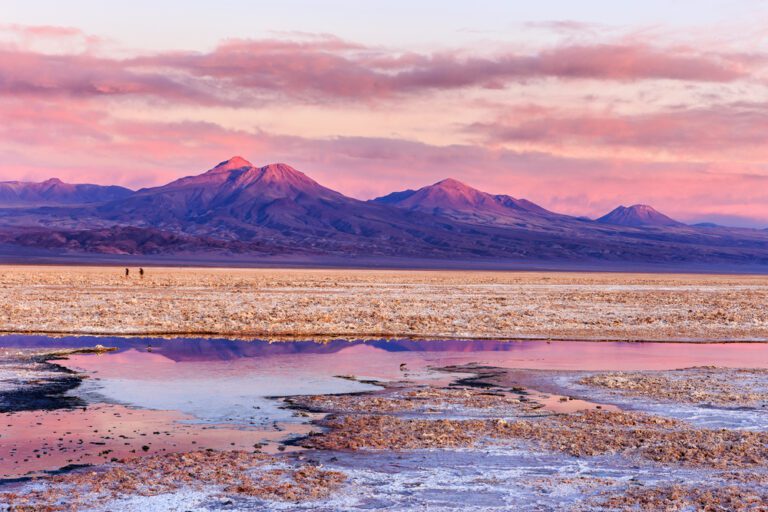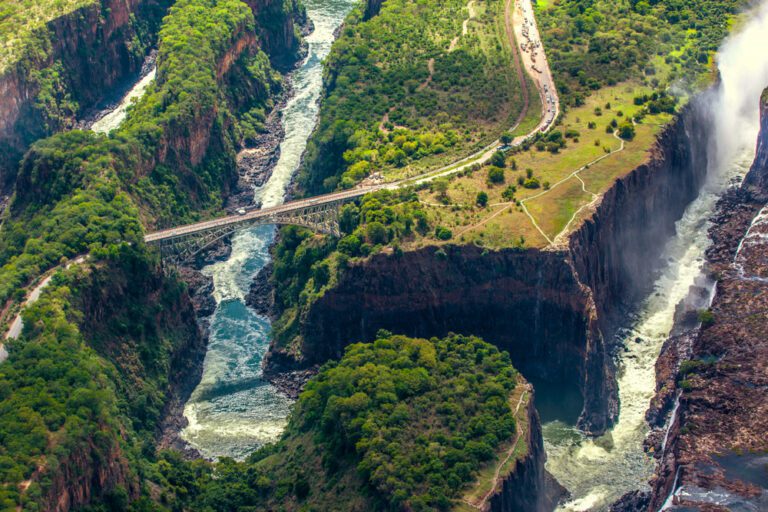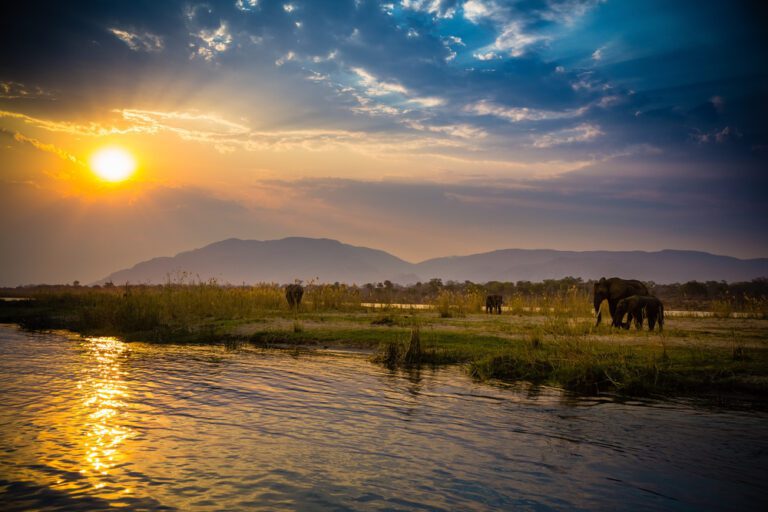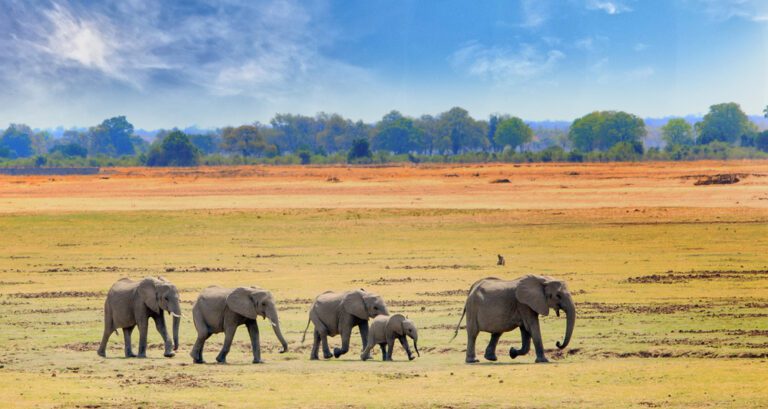Atchafalaya to harvest “sinker” cypress, old-growth timber felled a century ago that ended up sinking while being transported through the murky water. As I tuck into our lunch of cheese and boudin, Louisiana’s trademark sausage, I catch Hall staring at the vast swamp. The rippling water reflects the dark sky. A sense of timelessness, of deep serenity is settling around us. It is at this moment that I begin to grasp what living on the Atchafalaya must feel like. The area has long been home to the Cajuns, descendants of French Canadians (Acadians) expelled from Canada by British forces in the 1750s, who made their way south to the more welcoming French territory of Louisiane. Their progeny kept the native language, and a version is spoken to this day. Once here, Cajuns thrived on the abundant wildlife, from catfish, crawfish, and alligators to otters, beavers, turkeys, and Louisiana black bears.

The houseboat, rented from Houseboat Adventures, is being nosed through the water by a tow piloted by Houseboat Adventures owner Mitch Mequet. We have hot water, a toilet, a generator, but no motor. The very best feature, to me, is the view gliding past our front porch. The landscape is both familiar and alien, Monet’s “Water Lilies” meets Jurassic Park. Fish jump and bubbles roil the floating vegetation. Herons and egrets flutter and take flight through stands of tapering cypresses rising from the mist like Javanese dancers, branches akimbo and draped with Spanish moss. “If you want,” Mequet says, “I’ll get my airboat and give y’all a tour in it. It can get way back in the cypress forests. You can consider it a little lagniappe.”
Lagniappe is the Cajun French word for a little something extra. When Mequet returns, we scramble onto the airboat, the engine roars, and soon we’re skimming the water’s surface at 25 miles an hour. We enter a murky grove carpeted with duckweed. Mequet cuts the engine. Around us, cypresses soar in air the color of pewter. “All new growth,” Hall tells us. Old-growth cypresses and tupelos were cut 80 years ago to fashion stately front doors for New Orleans and Natchez. “It’s amazing what you can find in these waters,” Hall adds that evening as we sit on our porch nursing bottles of local Abita beer. “Hundred-year-old cisterns, timber from river camps. Search the levee tops after a storm and you will spot something: Spanish doubloons, daggers, wine from Prohibition days.”
Prohibition shackled whiskey-loving New Orleans but had little real effect on those living here on the Atchafalaya; its watery reaches kept much of the world at bay, encouraging the flowering of a very local culture—and the swamp music known as zydeco, which is playing full tilt when we pull up to the Whiskey River Landing dance hall the following day. The ramshackle roadhouse perched at the edge of the basin in Henderson draws locals and visitors alike with its romping live music and crowded dance floor. Inside, loud doesn’t even begin to describe the whoops and stomps as feet puzzle through the distinctive side-stepping and twirling of zydeco dancing, which has roots in Acadian folk tradition. Boots scrape floorboards as partners pirouette to the fast-tempo beat of Jeffery Broussard & the Creole Cowboys.

Accordions, washboards, and fiddles deliver a cultural mash-up of folk, swamp, and rhythm and blues music that could happen only in this steamy Louisiana outpost. The music is joyous, transforming a gloomy day into a burst of spirited warmth. Before I know it, I am on the floor dancing with everyone else. Perhaps it’s their relative isolation that makes Atchafalayans so eager to share their world. I just know the beat is making everyone break into grins. I cast back to Chamberlain’s warning that Louisiana is endangered, being diluted by the 21st century, becoming like everywhere else. The Atchafalaya, its people, and its music are actively defying his admonition. Watching the musicians beam as they play on, I know that here on the water, Louisiana—quirky and continuously surprising—is still hitting the right notes.
